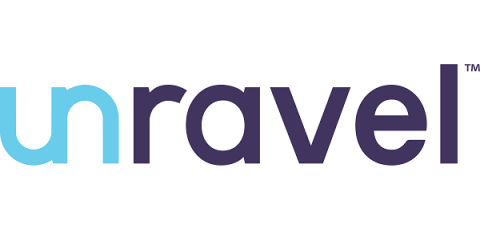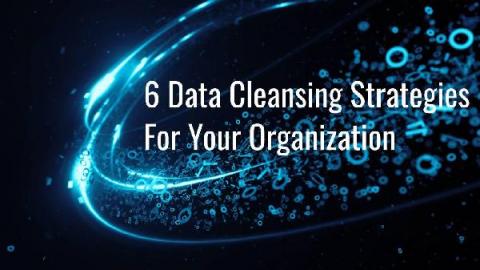The End of Facebook Analytics: Now What?
Facebook recently announced that it will effectively discontinue Facebook Analytics on June 30, 2021. The announcement was not particularly informative and was limited to pointing out ways of retaining the tool’s users by means of diverting business to other features that Facebook already offers. However, the reasons behind this decision were not addressed by Facebook and it brings up the question of what this means for the industry.











